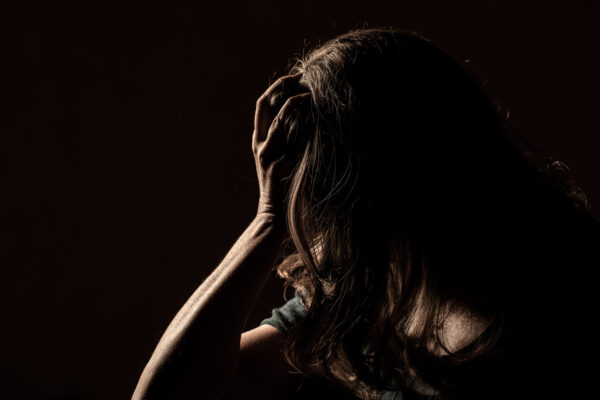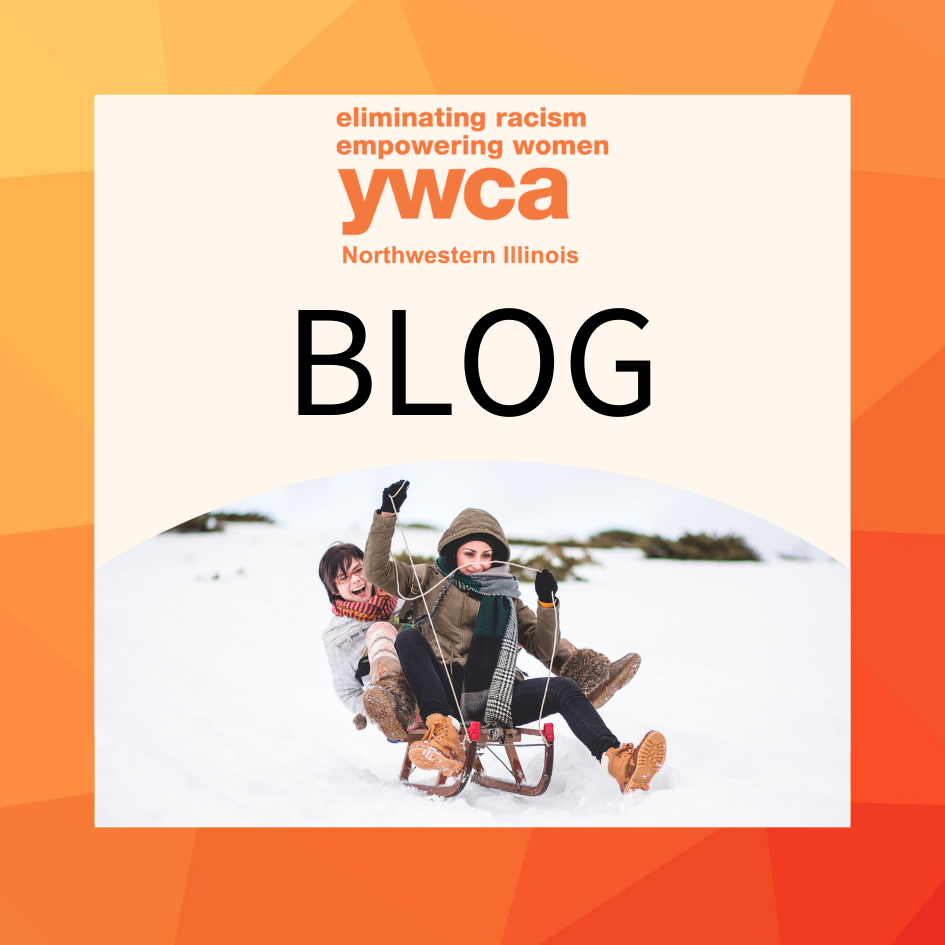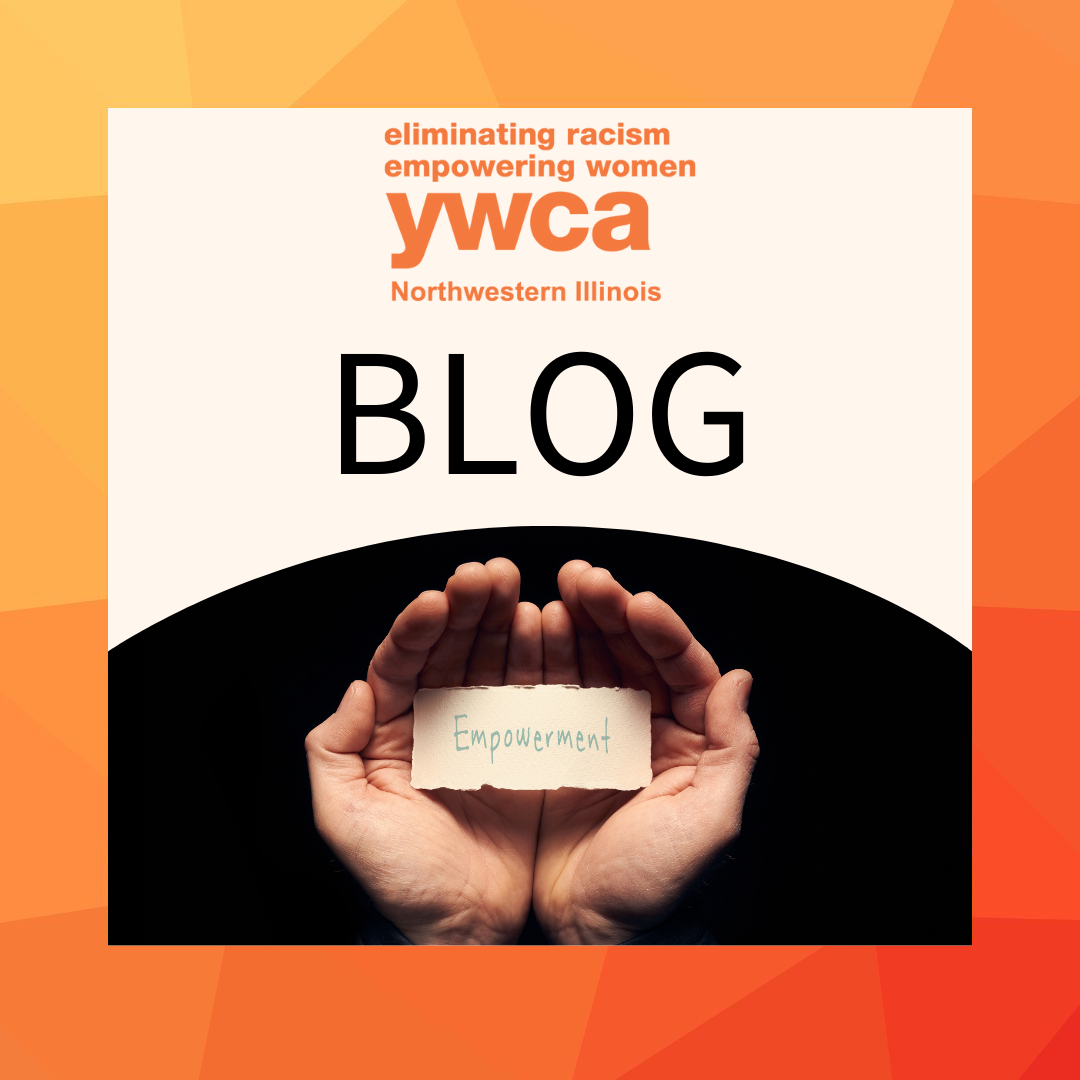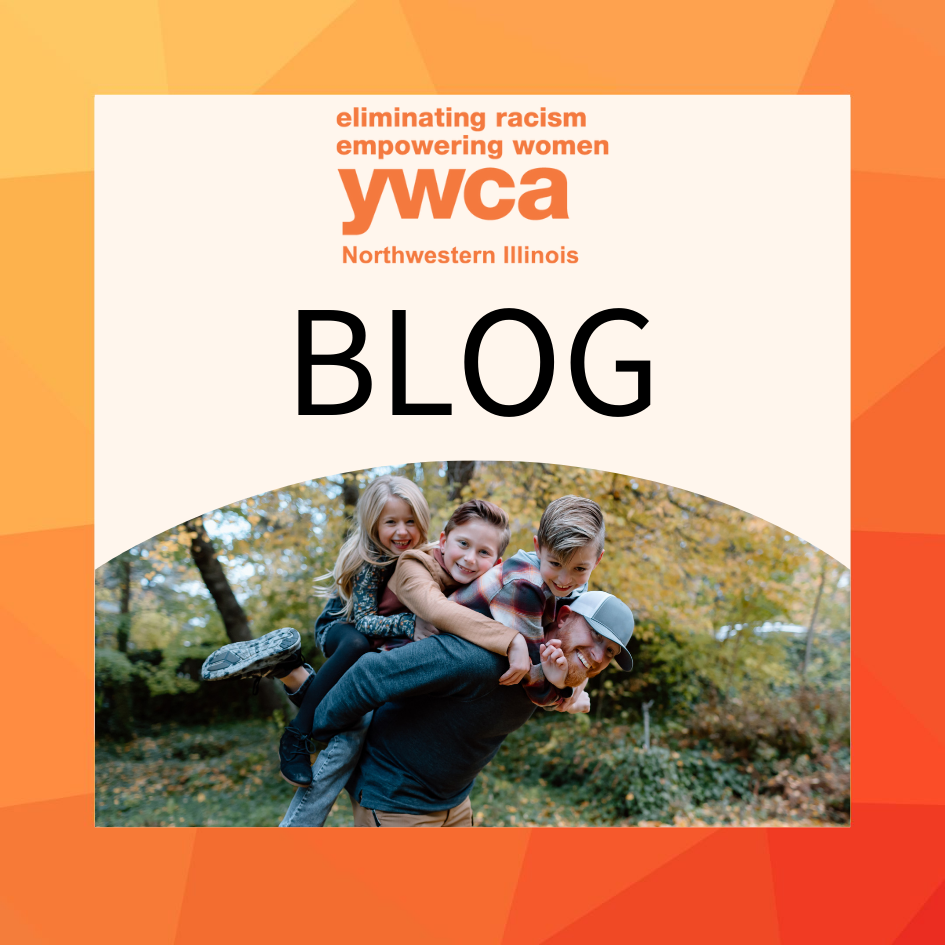At some point in our lives, we all have probably witnessed or heard about someone enduring domestic violence. According to the United Nations, women are more likely to die from domestic violence than men. Their study states that 82% of homicide victims are women and 18% are men. However, domestic violence can affect all races, socioeconomic, educational backgrounds, gender, and ages.
What is Abuse (The Power and Control Wheel):
Do you ever wonder if you or a loved one is experiencing abuse? Sometimes people don’t realize they’re in an abusive relationship because their abuser does not use physical abuse. Therefore, there are no physical signs. Domestic violence is much broader than what meets the eye. Domestic violence is a pattern of abusive behaviors used by one partner to maintain power and control over another. Let’s explore what those patterns look like using the Power and Control Wheel.
- Using intimidation: angry looks, slamming doors, throwing things, punching, or kicking walls
- Using emotional abuse: name calling, humiliation, guilt, silent treatment
- Using isolation: discouraging you from having friends, keep you from going to school/work, acting jealous or possessive
- Minimizing, denying, blaming: discounting abusive behaviors, shifting abusive onto something or someone else, blaming partner for actions
- Using children: threats to take the children, interrogating children of partners whereabouts, saying she is an unfit mother or father, using visitation time to harass her, using children to relay messages
- Using gender privilege: Having the final say on major decisions, defining partner’s reality
- Using economic abuse: making all the money decisions, preventing partner from or making get a job
- Using coercion and threats: forcing partner to do something he/she wants him/her to do, promising to change so partner won’t leave, threatening to hurt partner if he/she doesn’t do what he/she wants to do
The list can go on and on, but with this list we can understand a little bit more on what intimate abuse is.
PAIP Program and Equality Wheel:
The vast majority of abusers have experienced abuse in their childhood. Some may have male role models who showed no respect for women (and vice versa) and perhaps the absence of love and a nurturing environment. We cannot place blame on our childhood experiences, alcoholism, or even mental health for an abusive behavior. There is absolutely no excuse for abusive behaviors, but there is support available for individuals who are willing to change.
The Partner Abuse Intervention Program (PAIP) helps individuals explore those feelings and learn what respect looks like in an intimate relationship, while also taking accountability for our current actions to prevent future abuse.
The majority of individuals who batter their partner will excuse their behaviors by saying things like “this is the first time I ever laid my hands on her”, “I only hit her because she hit me first” or “I was drunk” some will go as far as saying “she asked for it.” It is very hard for men to admit the use of abuse because their beliefs support their actions. PAIP programs were not created to shame men for their abuse, but rather to help them identify and change the beliefs that may support abusive behaviors. Let’s explore what an equal relationship looks like through the Equality Wheel.
- Non-threatening behavior: Being respectful, being kind, having compassion, caring, talking in a calm voice
- Respect: Listening without judgement, valuing opinions, being emotionally affirming, expressing gratitude, honoring choices
- Trust and support: Encouraging and supporting goals, following through with commitments/responsibilities, valuing capacity to make decisions
- Honesty and Accountability: Accepting responsibility for self-acknowledging past use of violence, making amends, being willing to change, communication openly and truthfully
- Responsible parenting: Sharing parental responsibilities, being a positive nonviolent role model, paying child support, spending quality time with his children, cooperating with children’s mother/father
- Shared responsibilities: Mutually agreeing to fair distribution of work, making family decisions together, seeing as an equal with the capacity to make decisions for herself
- Economic partnership: Making money decisions together, being open to honest and safe conversations about financial concerns, making sure both parties benefit from financial arrangements
- Negotiation and fairness: Seeking mutually satisfying resolutions to conflict, accepting change, compromising, letting go of the absolutes, treating with respect even in times of conflict, realizing choices are not negotiable
When we ignore the beliefs that some abusers have about their entitlement, we miss the opportunity to hold them accountable for their abuse. People who say they love you should not be the same people hurting you. We can only change ourselves, therefore if you love yourself start by knowing your worth. To prevent future victims, it is important to understand how to prevent abuse and stop the ongoing cycle through the knowledge of what abuse is and isn’t.
*Please note: The YWCA Northwestern Illinois Week Without Violence is Oct. 17-22. Check out the YWCA Northwestern Illinois Facebook page for more details on how you can get involved.
